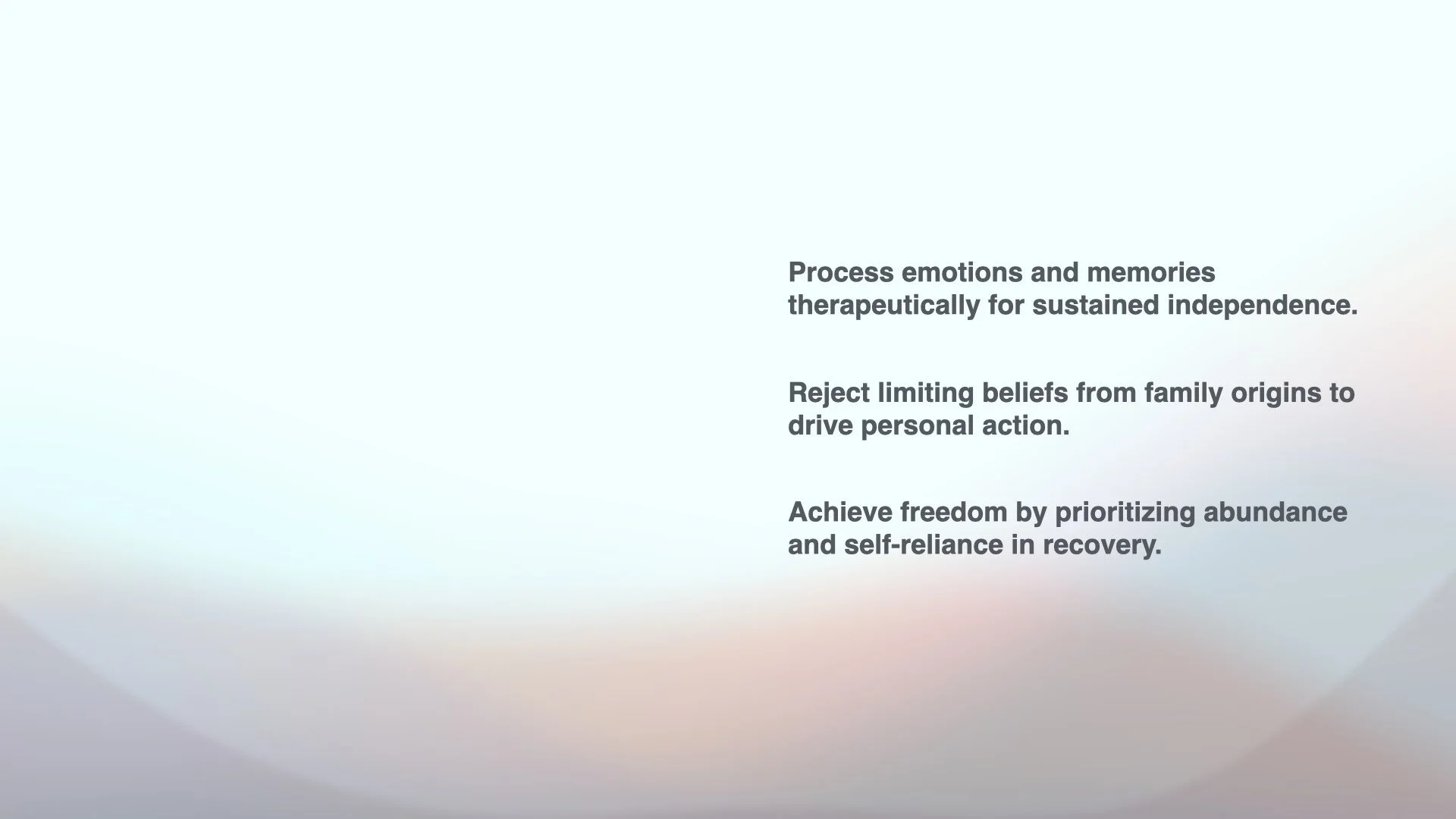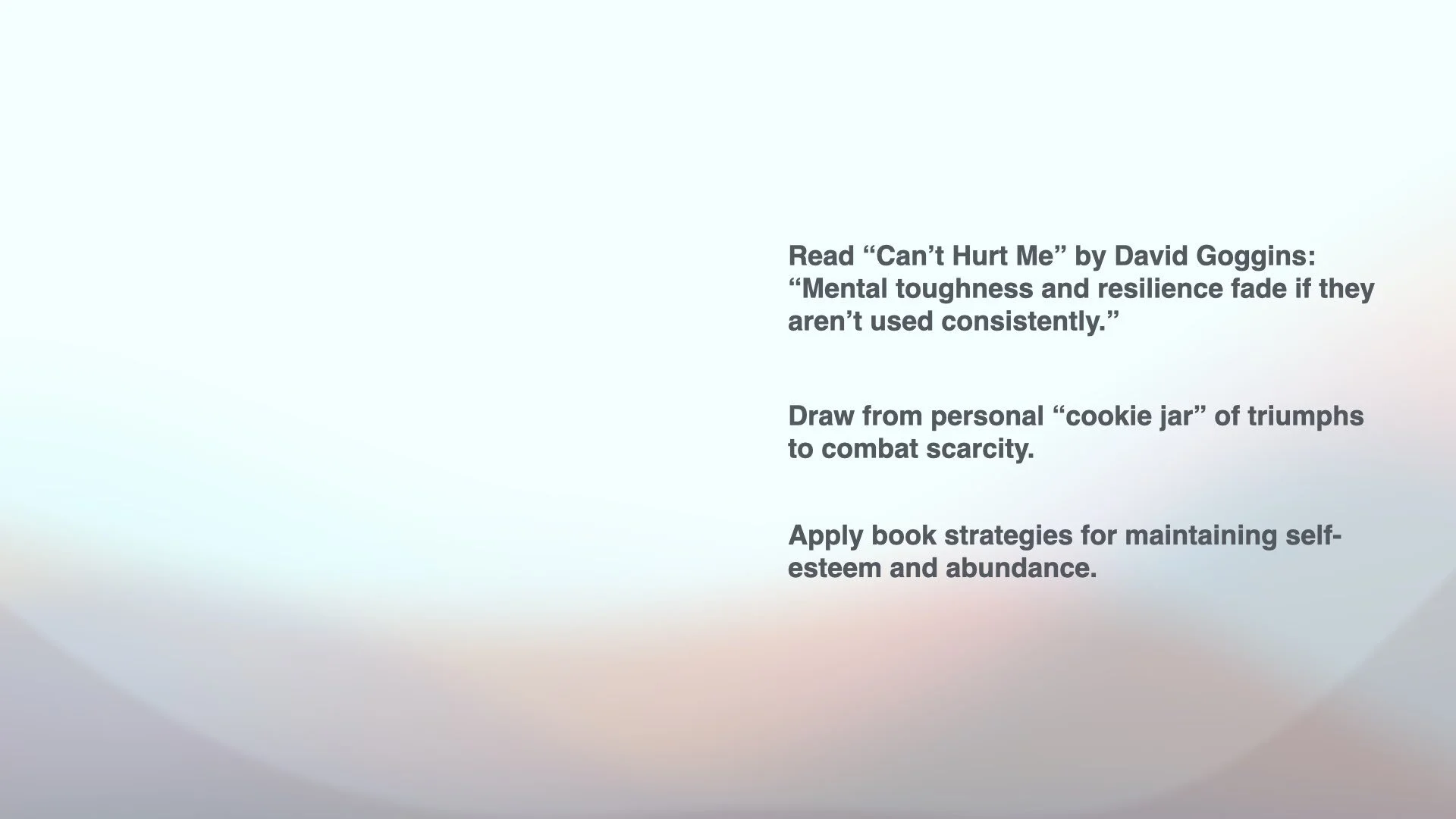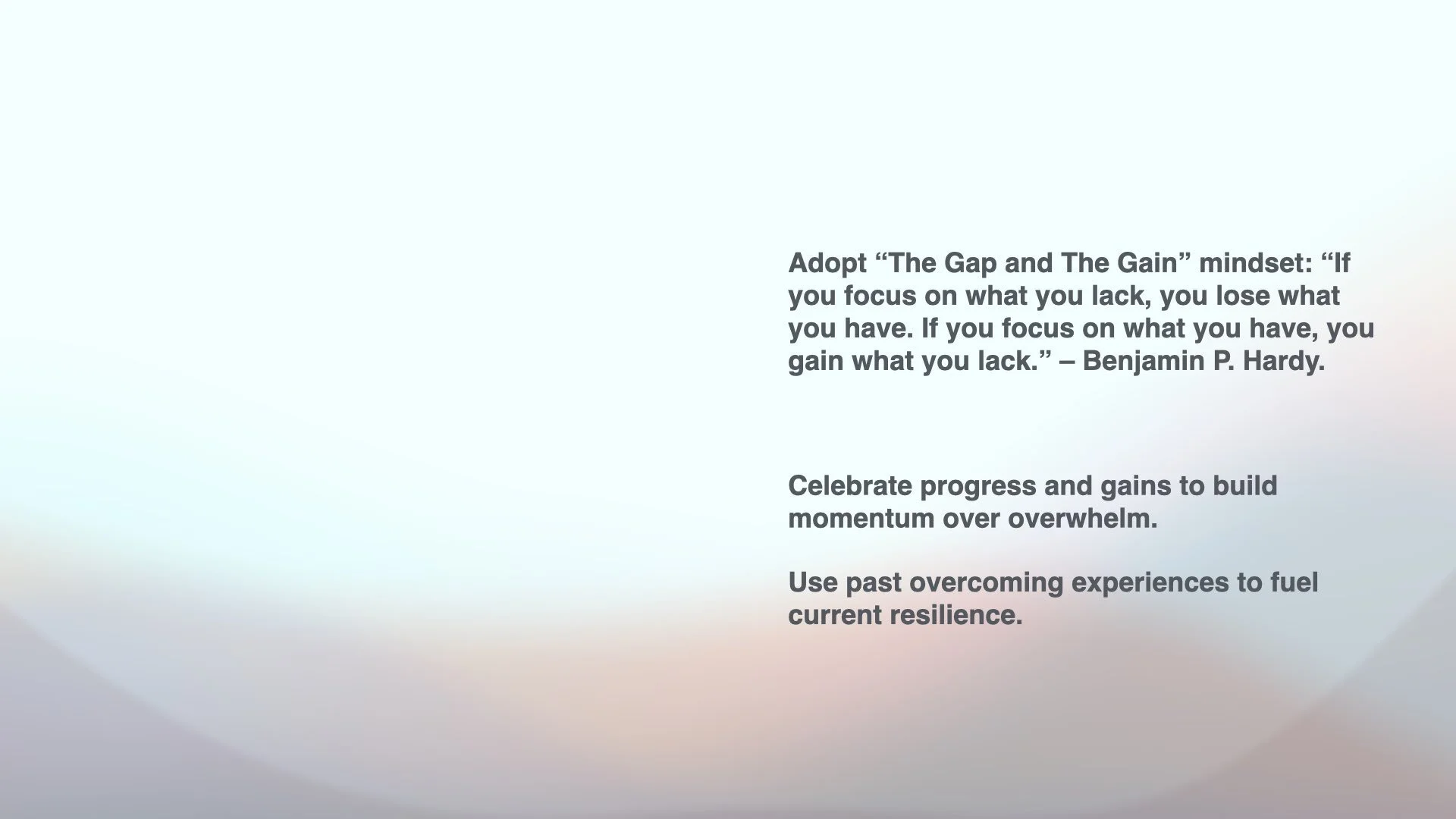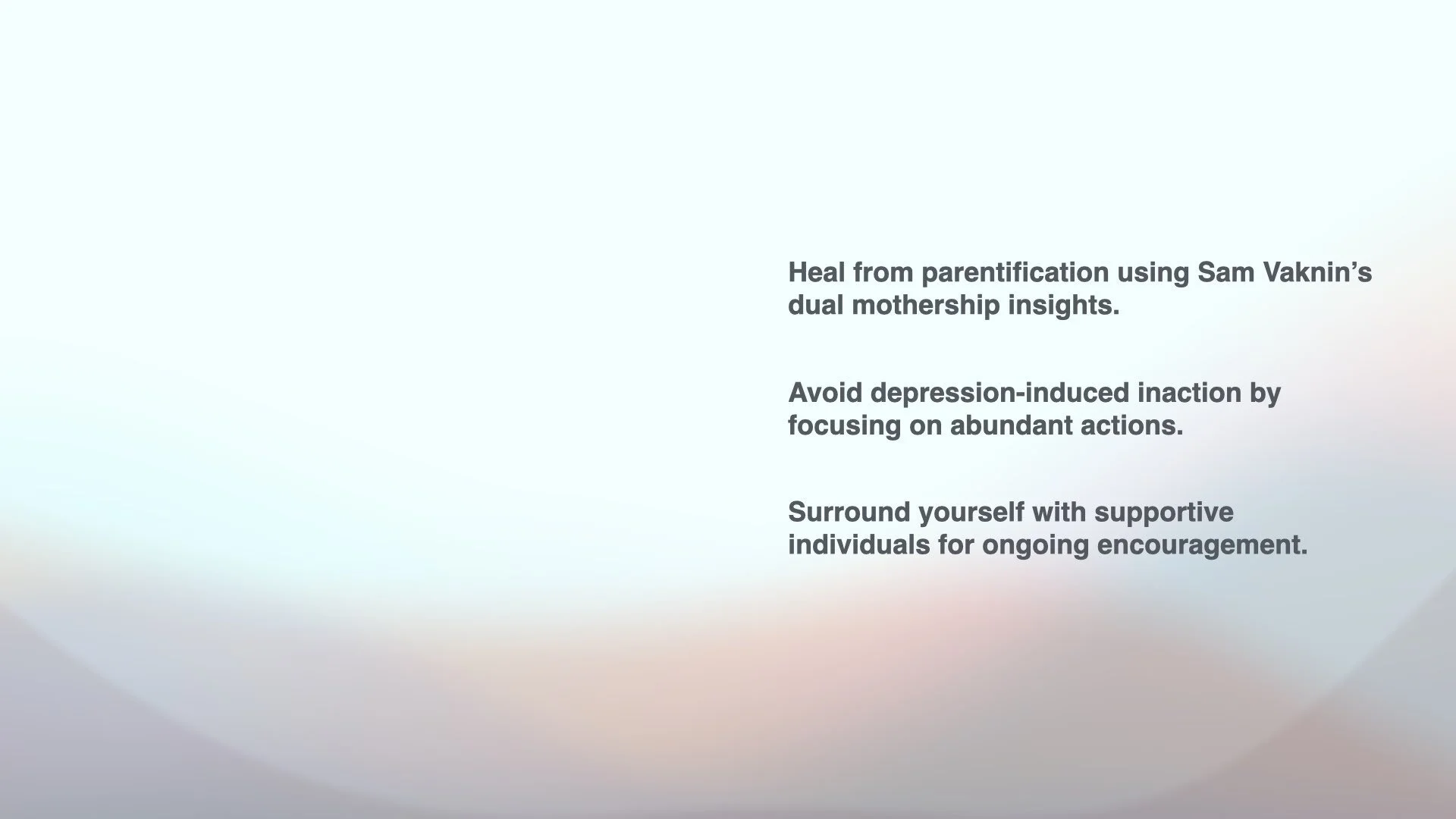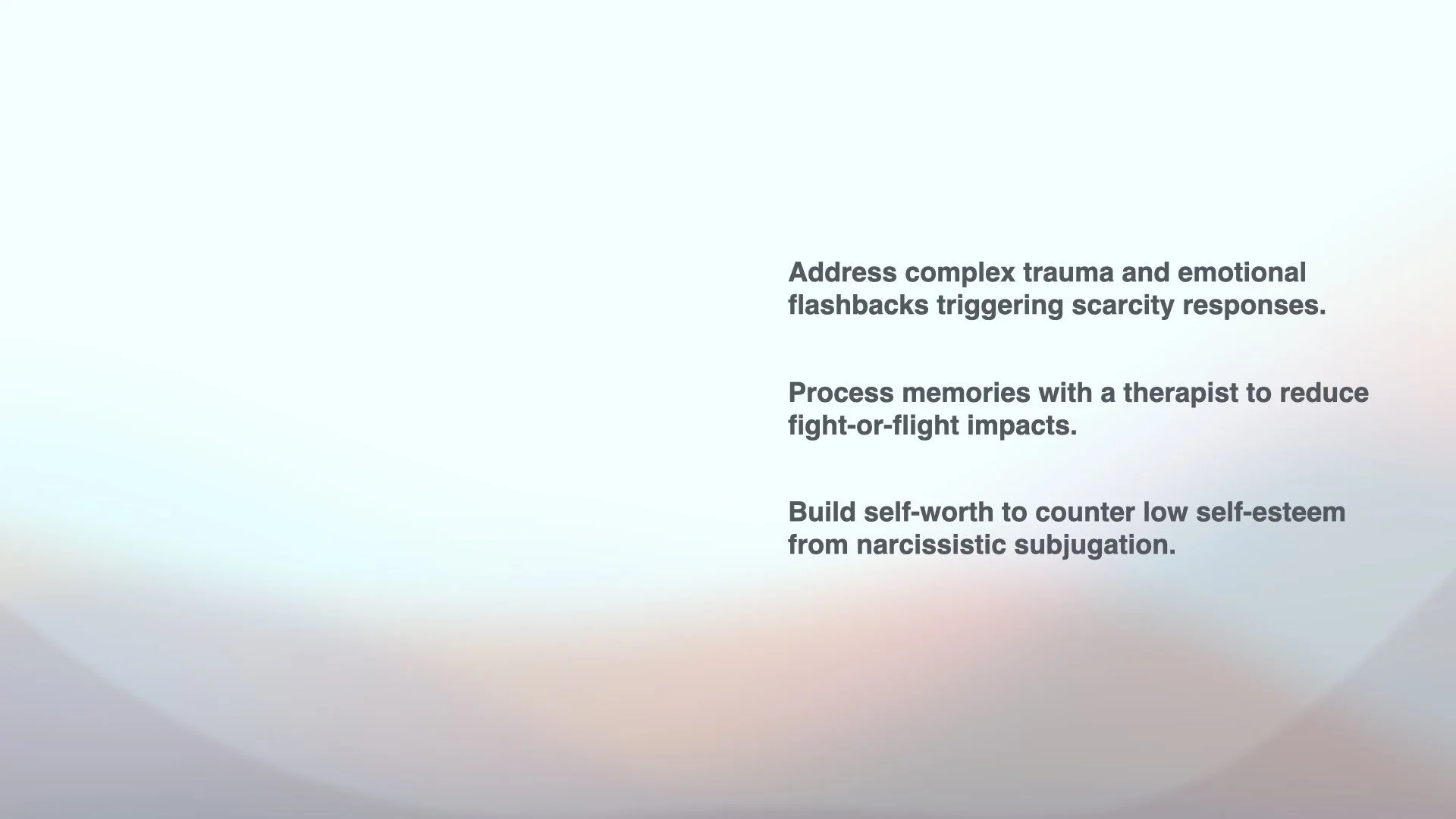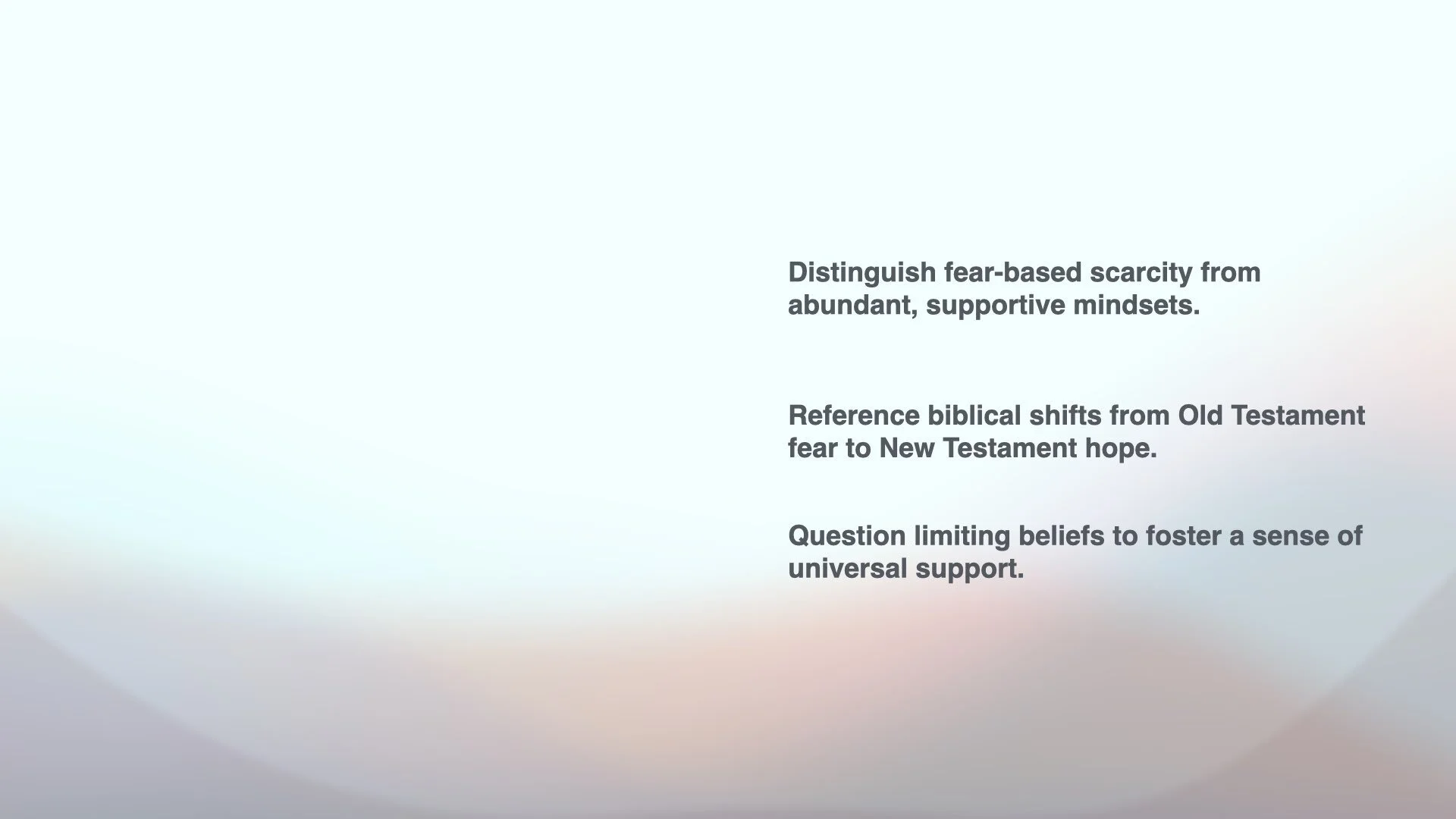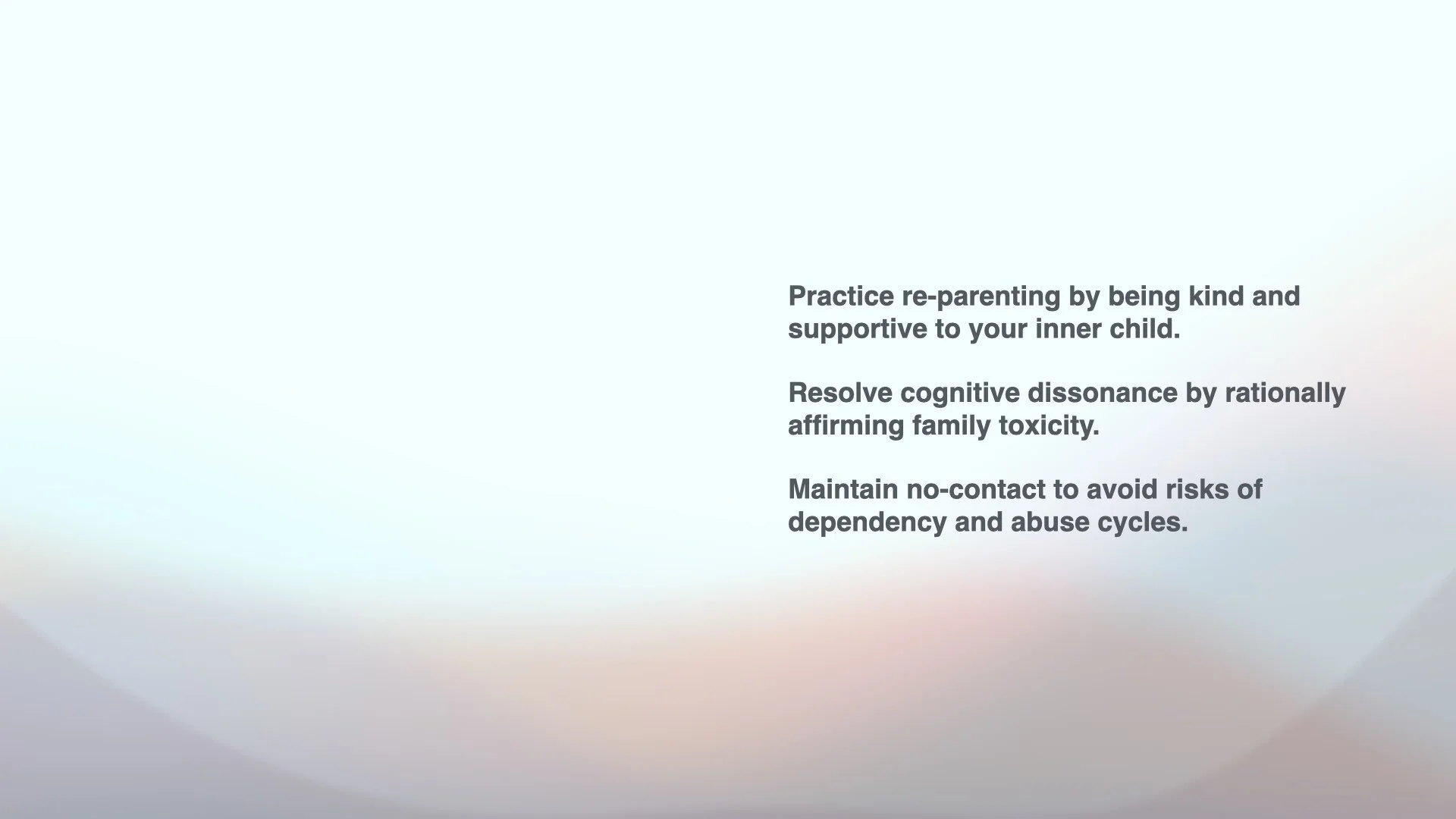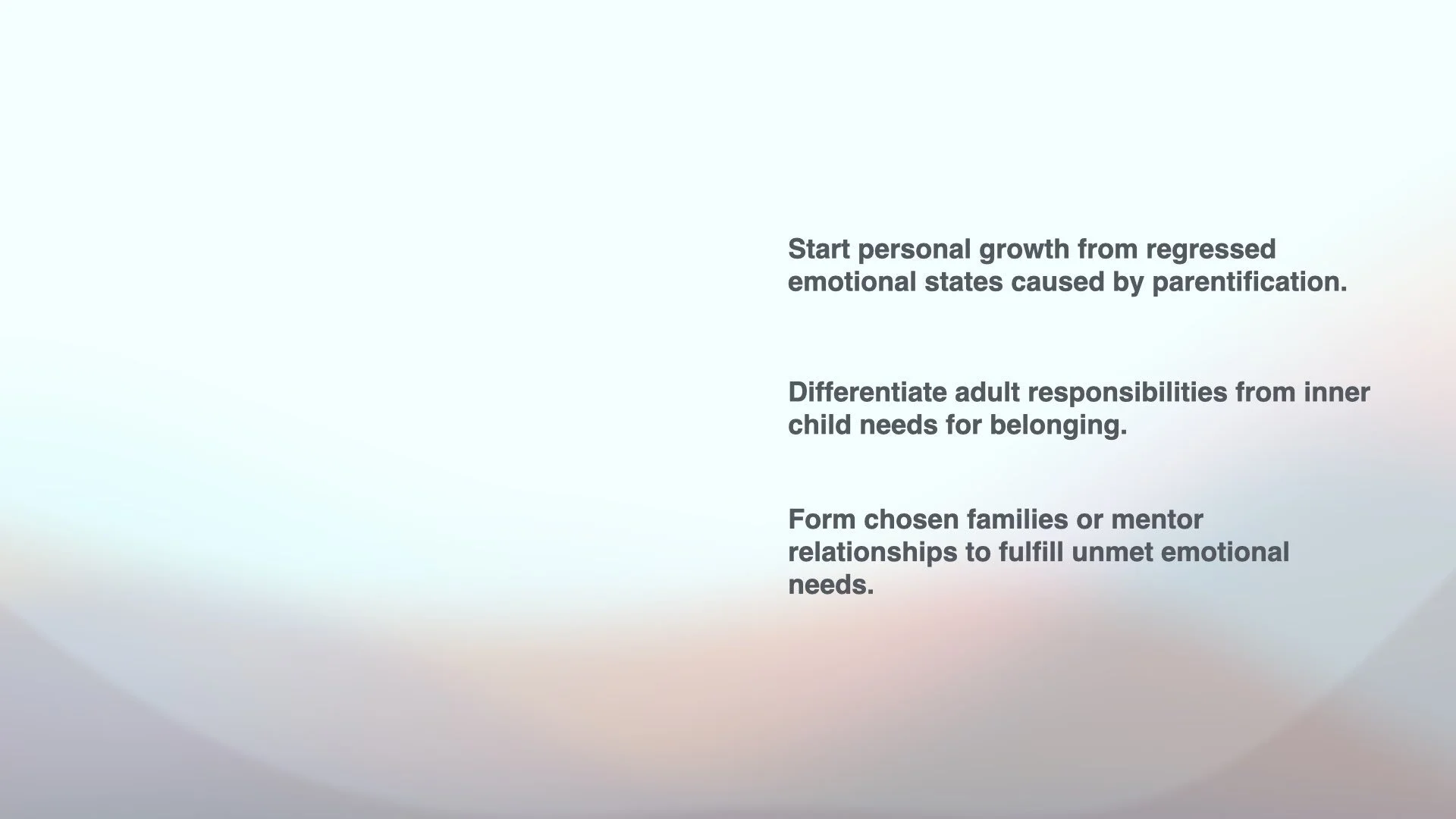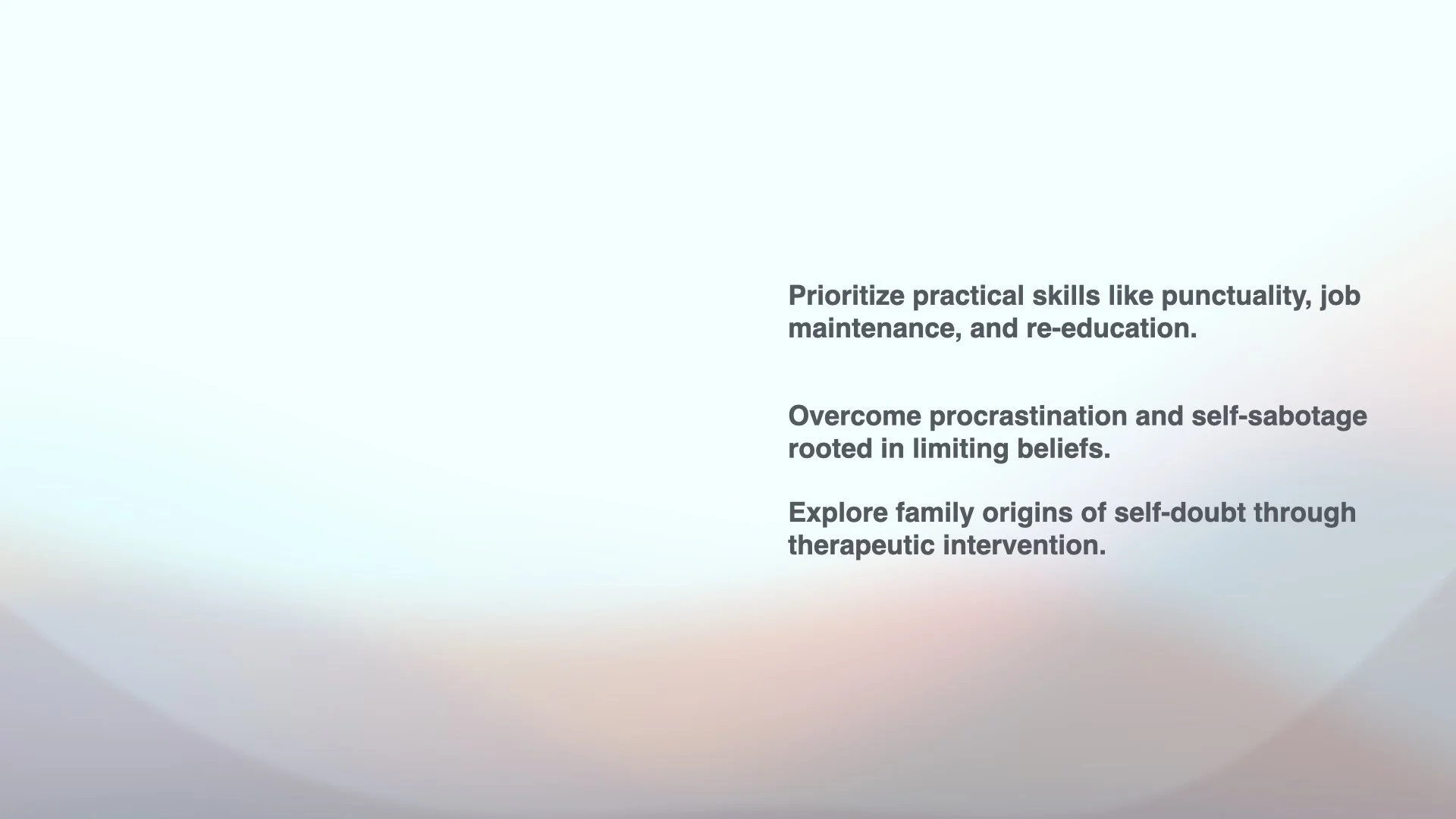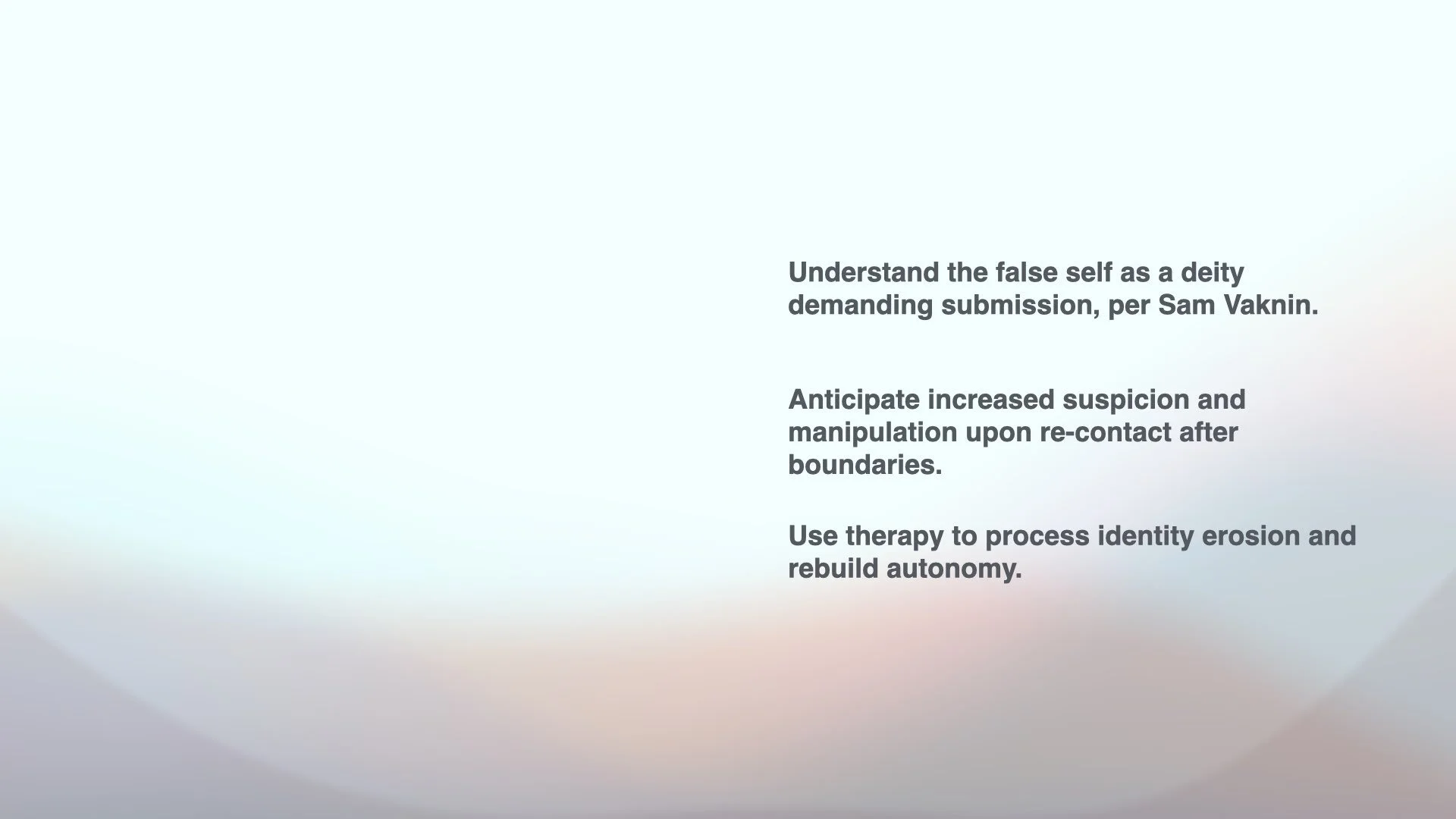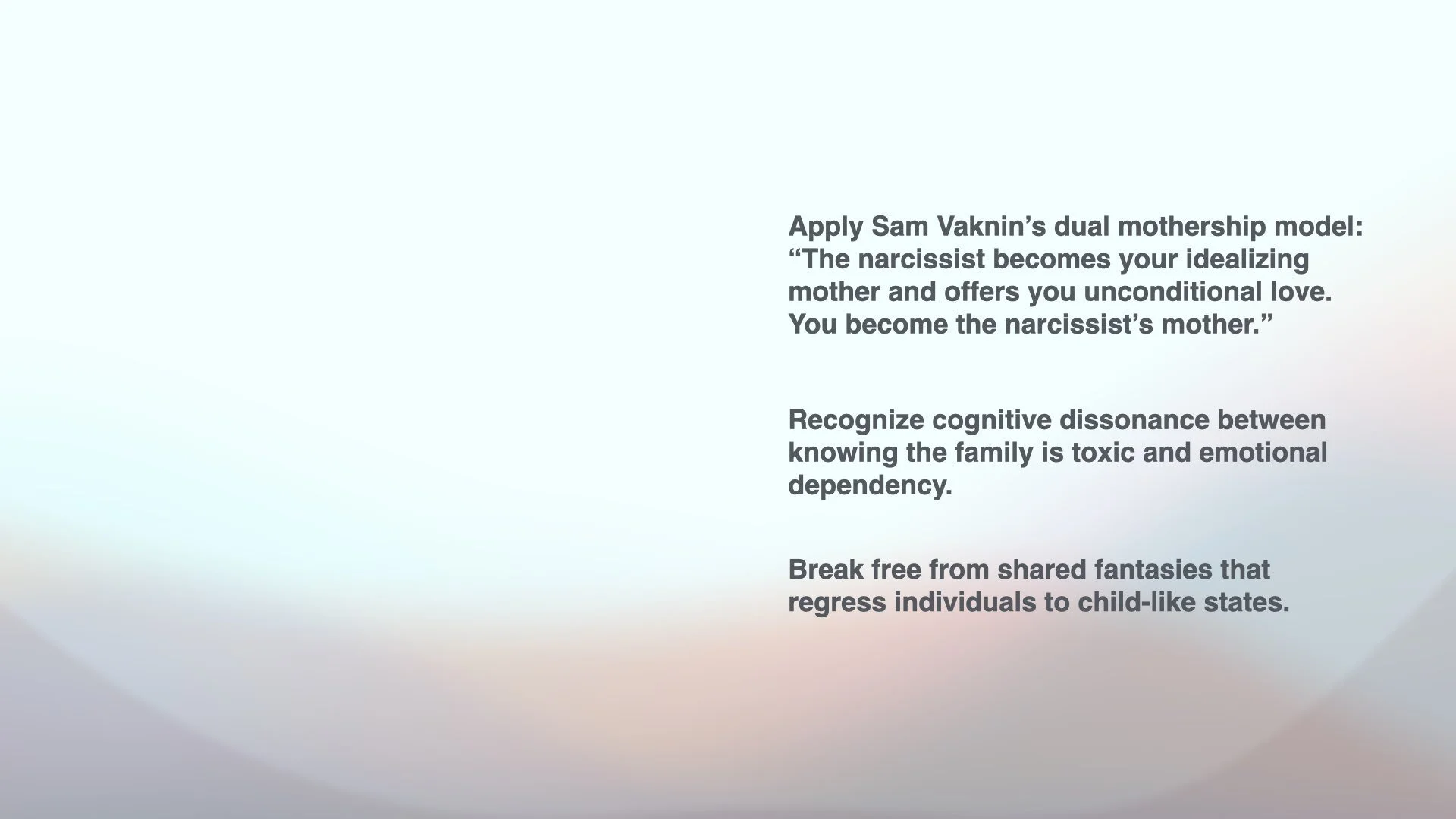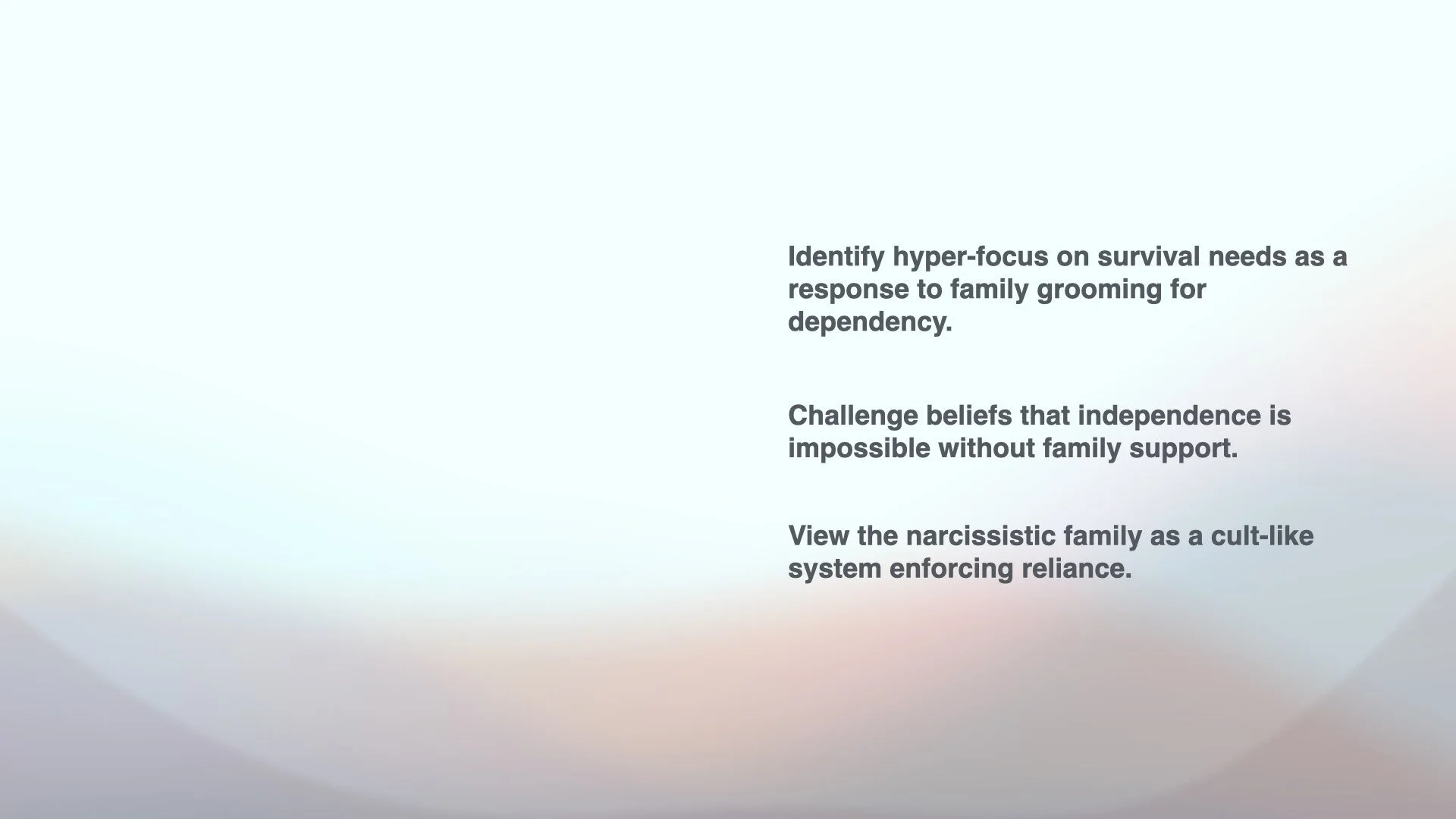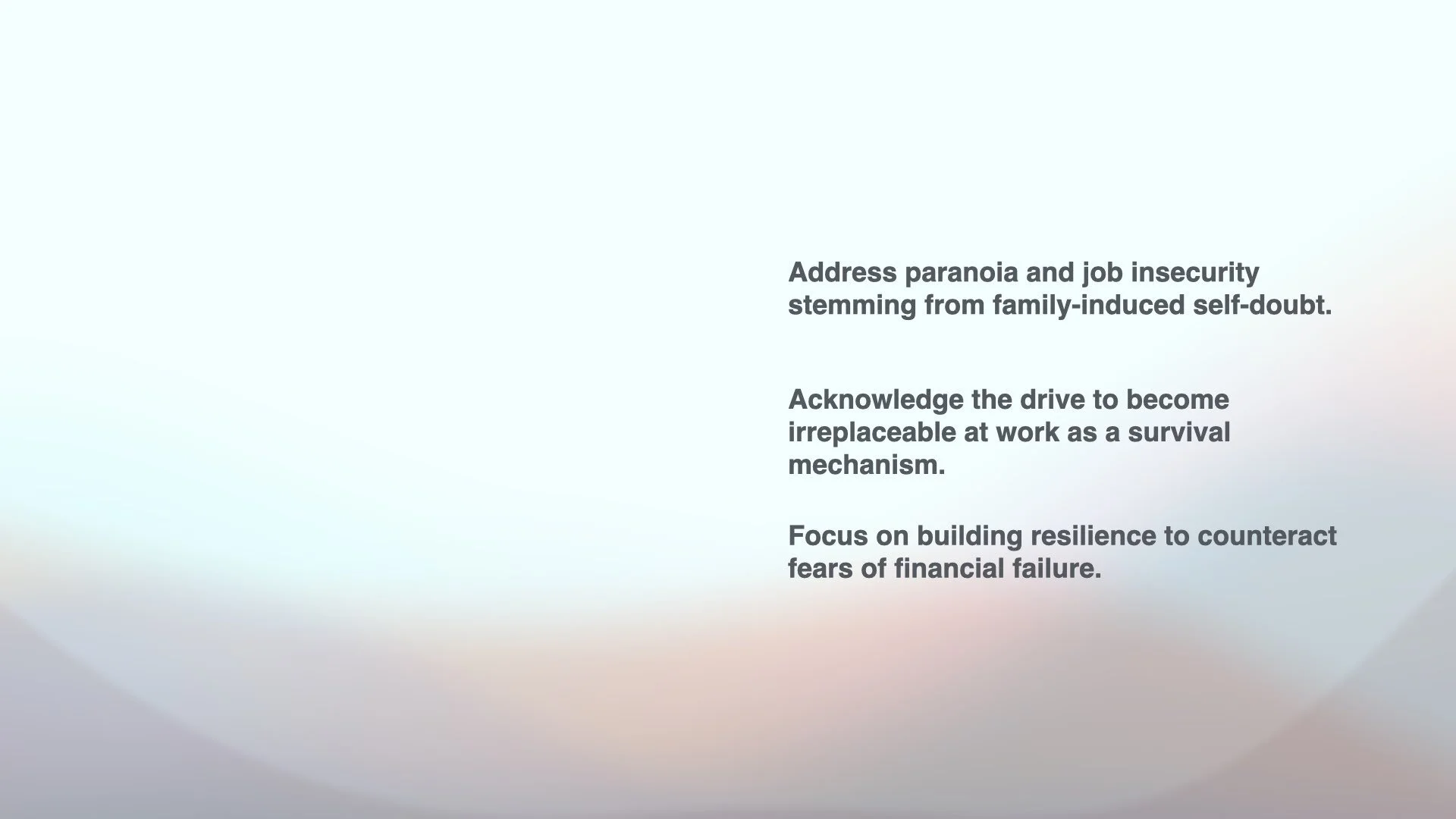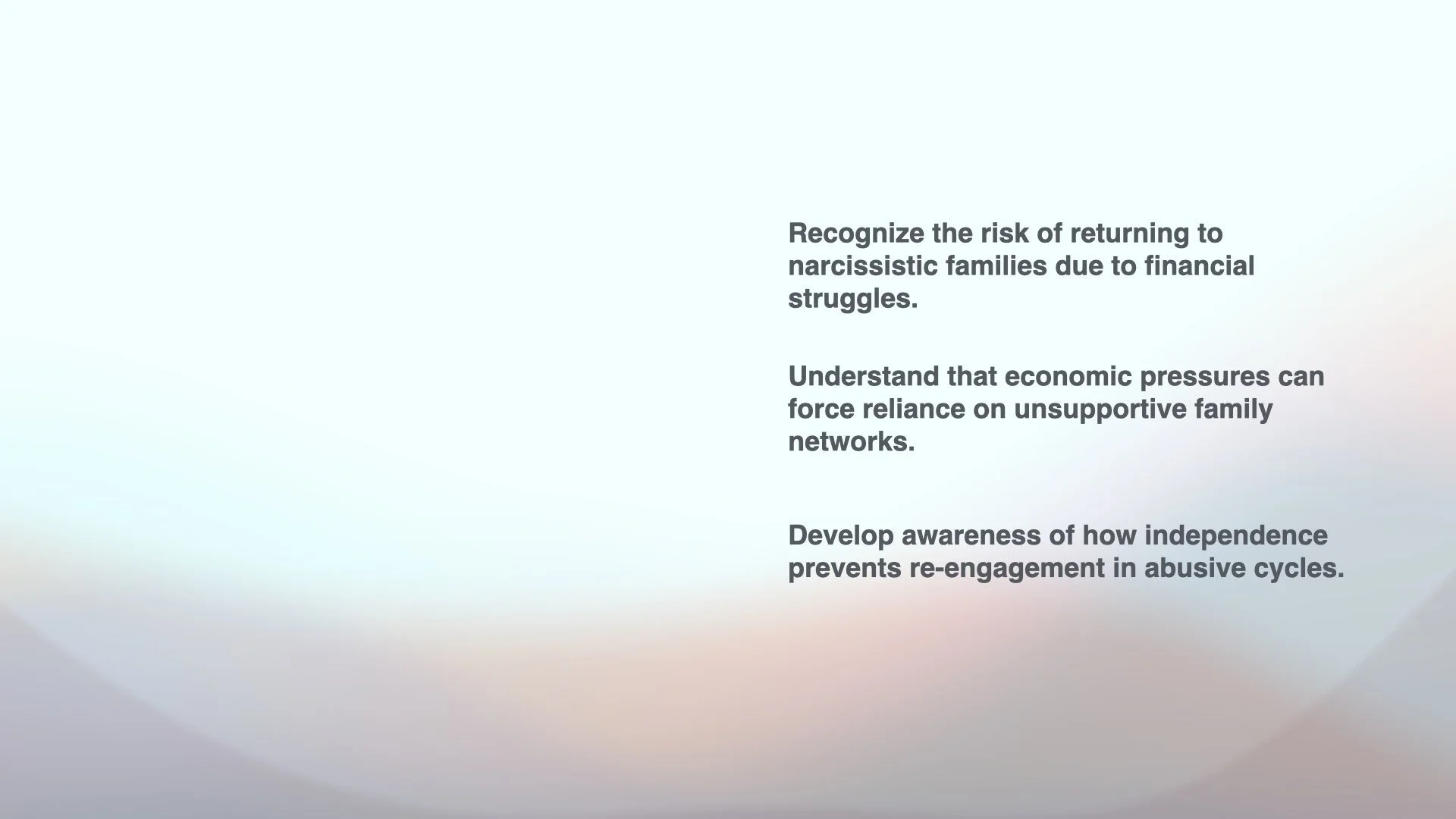Maintaining Financial Independence from Narcissistic Family
If you're navigating no contact with narcissistic parents, overcoming limited beliefs, or fostering emotional resilience in toxic family dynamics, this guide offers enhanced insights drawn directly from my therapeutic discussions.
Deepening Understanding of Fears in Narcissistic Abuse Recovery
Building on the challenges outlined, clients who've gone no contact often grapple with profound fears of financial instability. They know that without making enough money to become independent, they're likely to return to their family of origin asking for money. In our current economic climate, where things are expensive, this risk amplifies anxiety—especially when you've been groomed to believe you can't survive on your own.
Recall the client example: relatively successful with a bachelor's, master's, and a solid banking job, yet plagued by paranoia about job security. Despite long hours and high regard at work, fear of perception by his boss and team dominated. When I noted that everyone is in some sense replaceable—not implying he was—he reacted strongly, aiming to make himself irreplaceable to avoid firing. This hyper-focus on survival needs is logical; without resources, dependency on the narcissistic system looms.
Have you experienced this self-doubt in your scapegoat healing journey? The narcissistic family cult breaks down your identity, fostering reliance and making job maintenance a struggle as an adult.
Exploring Narcissistic Family Dynamics and Addiction-Like Pull
Expanding on family dynamics, returning to the narcissistic family mirrors an addiction—like taking that drink and facing negative consequences anew. Cognitively, you know the family isn't good for you, but the shared fantasy creates dissonance: a young, subconscious part feels dependent, hindering adult identity rebuilding.
Re-engaging after no contact worsens matters; the family grows suspicious, viewing you as weak supply. In Sam Vaknin's dual mothership model, failing to provide security as their "mother" invites harshness, identity erasure, and submission to their false self like a deity. Manipulation and gaslighting ensue if you resist.
This regression explains why reparenting is crucial in emotional resilience building. Distinguish your adult self—handling jobs and responsibilities—from your child part seeking the loving family never had. Without meeting this need via chosen family or mentors, the cycle pulls you back into toxic family dynamics.
What steps have you taken to address this cognitive dissonance in your recovery?
Advanced Practical and Psychological Tools for Financial Independence
Financial independence demands more than practical skills like maintaining a job or reeducating yourself—it's combating self-doubt, procrastination, and self-sabotaging forces from limited beliefs. These stem from family of origin issues, almost like self-inflicted damage.
Work with a therapist to explore how these show up, rebuilding from a regressed state induced by the dual mothership dynamic. Be a kinder, loving adult parent to yourself, addressing the fight-or-flight from complex trauma and emotional flashbacks that keep you in the past, fostering scarcity mindset.
Shift to abundance: question fears, recognizing safety in the present despite unprocessed trauma. Distinguish fear-based scarcity—like an Old Testament vengeful God—from hopeful abundance where life has your back. This worldview transforms, enabling action despite risks of regression.
How might adopting this abundant mindset change your approach to job security and self-reliance?
Overcoming Complex Trauma and Limited Beliefs in Scapegoat Healing
To address complex trauma, process memories, emotions, and flashbacks with a licensed therapist. Challenge beliefs of unworthiness, low self-esteem, and financial dependency subjugated in the shared fantasy. Your identity was dependent, playing mother while needing it—processable for you, unlike the narcissist's unformed self.
If unaddressed, these lead to struggles maintaining jobs, risking dependency and identity compromise.
Enhanced Recommended Resources for Building Resilience
In scarcity, you're in the "gap"—goals like financial independence feel out of reach. Shift to the "gain" by recognizing overcome challenges. In The Gap and The Gain by Dan Sullivan and Benjamin Hardy, focus on progress for momentum.
David Goggins' Can't Hurt Me, from his own abuse background, introduces the "cookie jar"—pulling from past triumphs for strength. Tell your story emphasizing resiliency, not deficits, to build self-esteem and abundance.
These tools help when going no contact: maintain abundant mindset, focus on gains in resilience, process with support, and let strengths drive—not limited beliefs or trauma.
Final Thoughts on Thriving in Narcissistic Abuse Recovery
This isn't an easy journey; support from allies is essential, especially if depression hinders action. By thinking abundantly and staying financially independent, you break the cycle.
Share your experiences below—how has financial independence impacted your healing?
Download the Reports for The Scapegoat & Narcissistic Abuse Recovery Course + 45pg Healing Toolkit here: https://blaketherapy.ca/the-ultimate-toolkit



